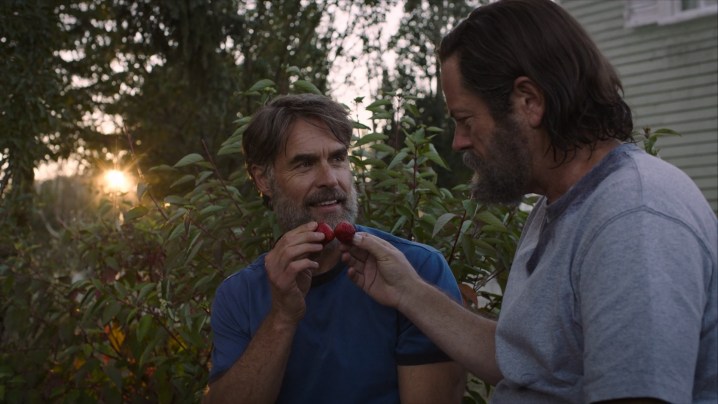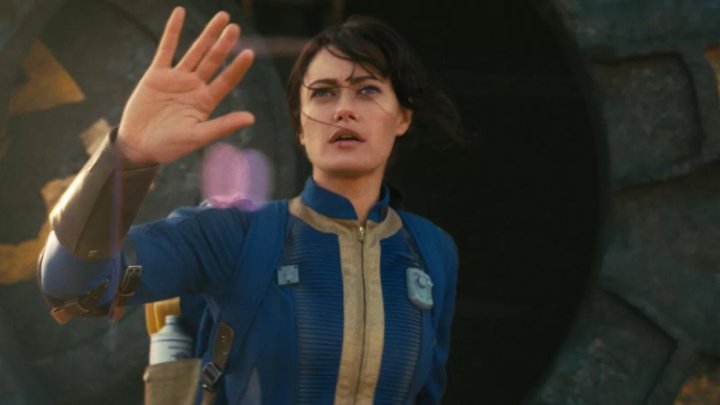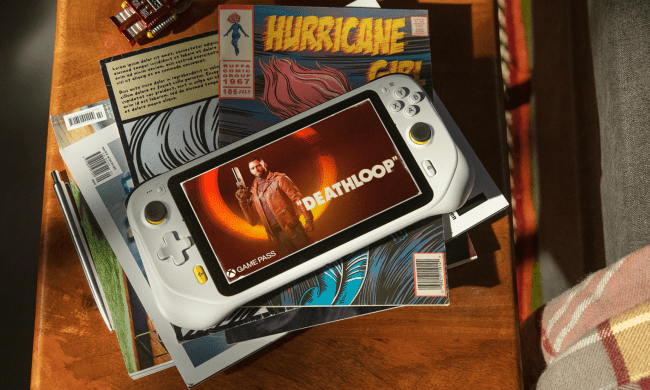I wouldn’t have believed it if someone told me 10 years ago that the best TV and movies I would see in 2023 would be adaptations of video games. And yet, here we are. It’s been a slow, grueling road filled with more downs than ups, and yet the code seems to have been cracked. Video game adaptations aren’t just good now; they’re often spectacular.
While we got a few hits here and there in years prior, such as the animated Castlevania series and Witcher show, it was in 2023 that shows like The Last of Us on HBO really made a statement to the world that, when understood and handled correctly, these adaptations could stand alongside any other prestige production. While it is satisfying in its own right for fans to get more quality content from our favorite franchises, the success of these shows and films will only be leveraged more by the industry in 2024 and beyond.
Adapt and survive
Repackaging games for film and TV is the equivalent of 1980s and ’90s cartoons made exclusively to sell toys. Not to sound too cynical, but from a corporate perspective, they are funded with the intention of converting a new audience into gamers. And we have seen compelling proof that, when it works, it is very effective. Even a game that was dragged through the mud as much as Cyberpunk 2077 saw a huge surge in sales following the Cyberpunk: Edgerunners anime, even before the full 2.0 version and Phantom Liberty DLC launched. The same applies to older titles like The Last of Us, Mario, and The Witcher.

Games have been adapted for decades at this point and never caused such massive surges in new players, so what’s changed? The most obvious development is a rise in quality. Shows like The Last of Us perfectly capture the spirit of the original game without directly translating it. The show confidently changed, refocused, expanded, and contracted on the original story while staying true to the game’s core themes. That’s important to not only make games work in a new medium, but these films and shows also pull double duty as a low-risk entry point for new players.
With just how many games there are, even “hardcore” gamers have to be selective regarding which they choose to invest time and money into. A TV series or movie is a brilliant method to give the widest possible audience a way to get the flavor of what a game is offering without asking for that steep upfront fee. In the same way sequels tend to be more popular due to audiences being familiar and comfortable with an IP, going from an adaptation back to the source material is a natural and effective play.
Now that companies have seen just how successful a high-quality adaptation is in converting viewers to gamers, there’s no putting that genie back in the bottle.

This year is going to be huge for game adaptations and will fully cement them as a key pillar in game marketing. On the film side, we will get the third Sonic The Hedgehog film and Borderlands. Fallout, Tomb Raider, and even a second season of Halo are all on deck on the TV side. That’s not to mention the dozens of projects that are further out, including heavy hitters from Sony in the form of a Netflix Horizon show, an Amazon Prime God of War series, and a Ghost of Tsushima film, plus new seasons of Twisted Metal and The Last of Us.
Sony isn’t the only company going hard on adaptations these days. Nintendo similarly leveraged its greatest IP to massive success with The Super Mario Bros. Movie. It was the 10th animated feature film in history to make over $1 billion globally, and it also boosted sales for the franchise despite the newest title at the time coming out in 2017. Its purchase of Dynamo Pictures, now Nintendo Pictures, and the announcement of a Zelda film shows that Nintendo is embracing a multimedia future, even if we won’t see the full fruits of that push for another year or two.
As long the examples of well-received adaptations continue to funnel audiences back into games, this new form of marketing isn’t going away. Only instead of getting adaptations destined to languish in a bargain bin, we have shows getting Emmy nominations.



